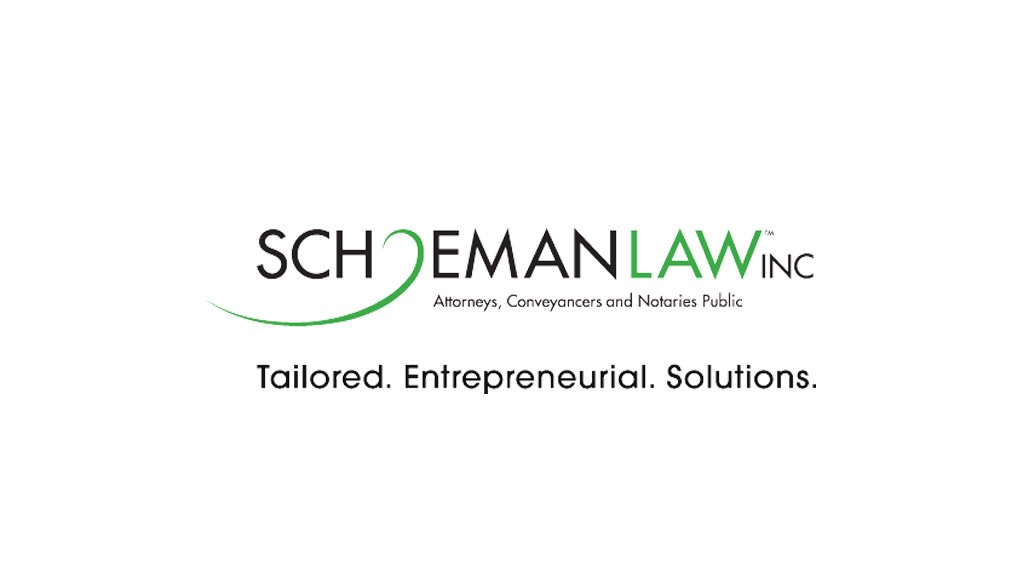In today’s digital-first business world, your domain name is more than just a web address—it’s a critical part of your brand identity. But what happens when someone registers a domain name that’s confusingly similar to yours? Worse, what if they are using it to divert business or damage your reputation? If you are facing this issue, here is what you need to know about your legal options.
Competing domain names may arise due to:
- Cybersquatting occurs when someone registers a domain name in bad faith, intending to sell it back to the original brand owner or profit from it.
- Typosquatting involves registering a domain with a slight misspelling of an existing brand's name. The goal is to capture traffic from users who accidentally mistype the domain.
- Legitimate use by a competitor can become an issue if it leads to confusion or misrepresents your brand.
The first step is to establish what rights you have
If your domain name matches a registered trademark, you have a stronger basis for challenging a competing domain. Additionally, having a registered business name (ideally the same as the domain and trademark) with CIPC can support your case for protecting your registered domain.
However, even without a registered trademark, long-standing use of a business or domain name can provide some protection under common law.
What can you do?
Often, a well-crafted cease-and-desist letter from an attorney is enough to persuade a competitor to surrender or change their domain name, especially if there is a likelihood of confusion or brand dilution. If you registered after the competitor, however, your options are limited. It depends on what the competitor is using the domain for (i.e., the purpose must be lawful/legitimate). Where it is not, additional remedies and mechanisms are available to consider.
If initial efforts don’t resolve the issue, you have two main legal routes:
Domain Dispute Resolution (Alternative Dispute Resolution - ADR) for example, for .co.za domains, you can bring a complaint under the ZA Central Registry (ZACR) 's Alternative Dispute Resolution process. You must prove that the domain name is identical or confusingly similar to your brand or trademark, and it would follow that the registration was abusive. The process is often quicker and more cost-effective than court litigation.
If the matter involves broader issues like passing off or trademark infringement, or if damages are sought, you may need to litigate through the courts. This route is more expensive but can provide injunctive relief and compensation.
Proactive Measures
- Register your business with CIPC
- Register your brand (e.g. logo and slogan) as a trademark
- Secure multiple domain variations (e.g., .com, .co.za, .net or similar spelling in the domain)
- Monitor new domain registrations using services such as watch services
Conclusion
Domain name disputes can damage your brand and confuse the marketplace. Need help navigating a domain name dispute or protecting your brand online? Contact SchoemanLaw Inc. for expert advice tailored to your business.
Written by Nicolene Schoeman-Louw, Specialist Technology, Commercial and Contract Law, SchoemanLaw Inc
EMAIL THIS ARTICLE SAVE THIS ARTICLE ARTICLE ENQUIRY FEEDBACK
To subscribe email subscriptions@creamermedia.co.za or click here
To advertise email advertising@creamermedia.co.za or click here











